Raquel | She/Her
Water Scarcity
Peru & Sweden
Deserts and Xeric Shrublands
Boreal Forests/Taiga
Session 6: February 24, 2023
For those who don’t know me, I’m Peruvian, and I study in Sweden. Naturally, a question that often arises when I introduce myself is, “What is the most shocking thing about moving from Peru to Sweden?”
And honestly, nothing was genuinely shocking. On the contrary, I probably felt more shocked going back to Peru. Perhaps, in the beginning, I referred only to socioeconomic inequalities, because these are less apparent in Stockholm and thus even more evident in Peru after a long time away. But now I realize that another issue that astounded me then and keeps agonizing me today is: climate inequality, which, I’ve come to learn, can be challenging to identify.
I come from Ica, a coastal city. And, often, when I say this, people imagine a stunning beach. I’m sorry to disenchant you—Ica is a desert. Its population is rapidly growing, and so is the water demand. But, simultaneously, water availability is rapidly decreasing—and, let me tell you, the water resources in a desert aren’t by any means lavish, even in an optimal scenario.
The decreasing water availability is partially due to the absence of infrastructure, inadequate policy adaptation and enforcement, the blooming agricultural exportation industry, and—another factor we must recognize—climate change. The winter in Ica used to be warm, and the summer warmer, but nowadays, the winter is hot, and the summer is hotter. But climate change has resulted in more than a higher demand for deodorant and AC. Climate change has resulted in more infrequent and unforeseen precipitation occurrences, increased evaporation rates, and thus more prolonged and recurrent droughts.
These aren’t fun facts to hear, especially when living with their consequences—devastating consequences. Lack of water access has slowed the eradication of poverty and illiteracy, and generated disputes between social classes and neighboring cities. Lack of water has led to mass migration, increased demand for bottled water, and thus increased plastic pollution. And this isn’t the reality only in my hometown. This is the reality worldwide.
It’s essential to recognize that the climate crisis can look different in every corner of the world. Access to water and sanitation is a human right. It’s not something from which to profit. It’s not something of which private companies, governmental bodies, and richer countries can deprive the people. But they do.
We need climate action. We need climate justice. We need change. And we need it now.
Raquel is a Peruvian human rights and climate activist. She’s an accomplished writer, editor and researcher, using her skills to contribute to exciting worldwide change. She’s also pursuing a BA in Linguistics at Stockholm University and an MSc in Chemical Engineering at KTH to further her change-making journey.
